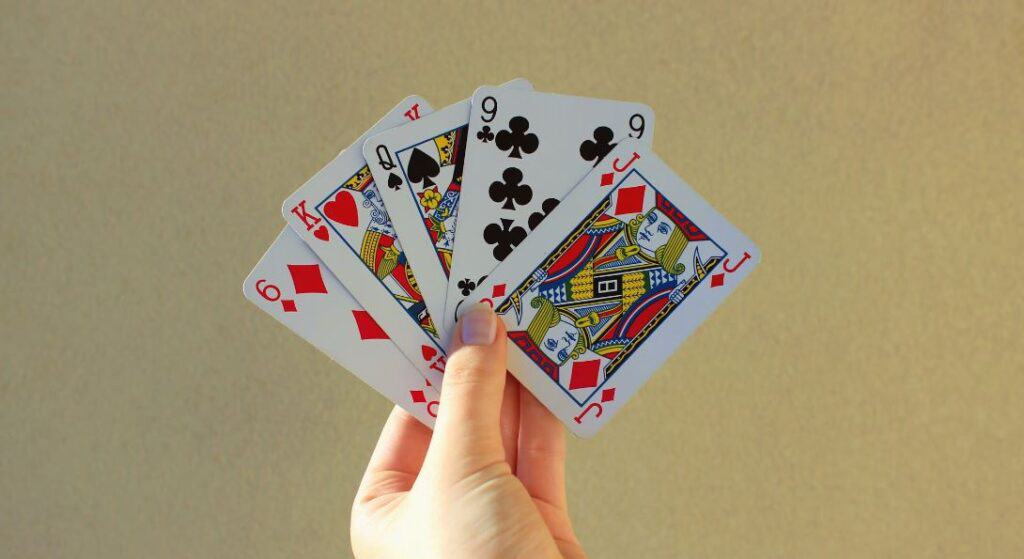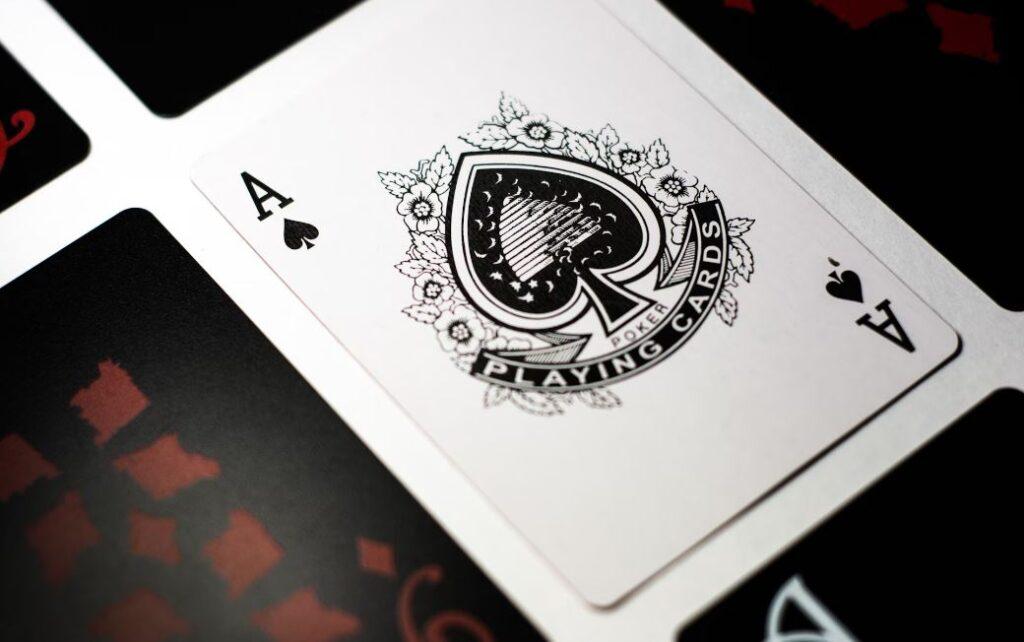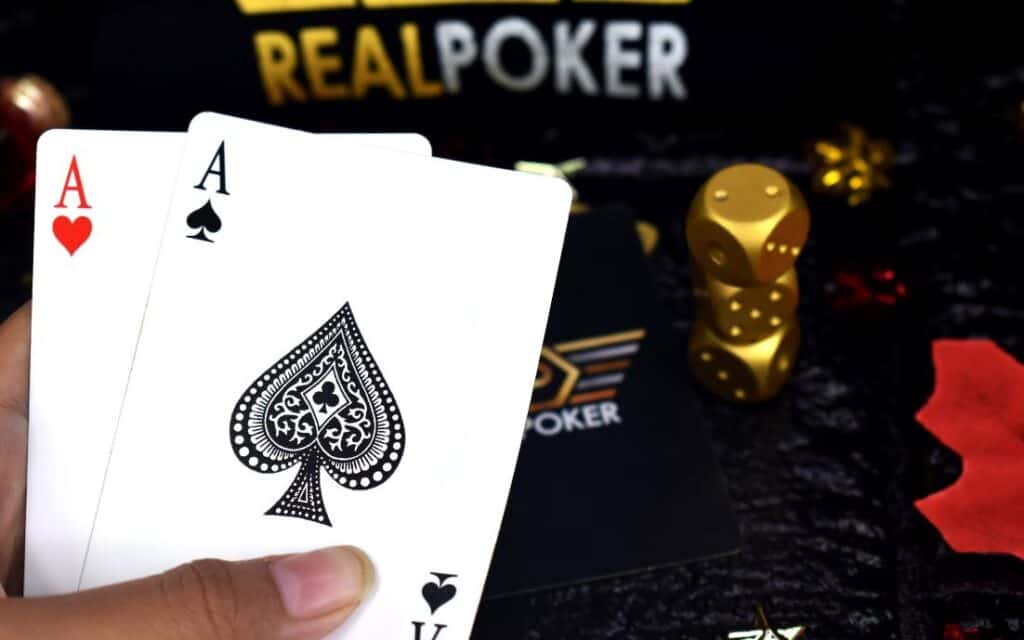
Slot Review: Bullion Bars Gold Collector by Inspired Gaming
Omaha poker, a riveting variant of the classic Texas Hold’em, adds an extra layer of excitement with its unique rule of dealing four hole cards to each player. Known for its intense action and complex strategy, Omaha has carved its niche in the poker world, offering players a dynamic and strategic card-playing experience.
Basic Rules of Omaha:
1. Four Hole Cards: Unlike Texas Hold’em, Omaha players are dealt four private cards, known as hole cards.
2. Community Cards: The game involves five community cards dealt in stages—flop, turn, and river.
3. Hand Construction: Players must use exactly two of their hole cards and three community cards to form the best possible five-card hand.
Hand Rankings in Omaha:
Omaha shares hand rankings with Texas Hold’em, including high card, pair, two pair, three of a kind, straight, flush, full house, four of a kind, straight flush, and royal flush. The added complexity comes from players having four hole cards to choose from when constructing their hands.
Betting Rounds:
Omaha follows a similar betting structure to Texas Hold’em with pre-flop, flop, turn, and river betting rounds. The presence of four hole cards introduces more potential hand combinations, making strategic betting a crucial aspect of the game.
Omaha Hi and Omaha Hi-Lo:
Omaha Hi is the traditional form where the player with the best hand wins the entire pot. Omaha Hi-Lo introduces a split pot concept, where the pot is divided between the player with the best high hand and the one with the best qualifying low hand (using cards 8 or lower).
Strategies in Omaha:
1. Starting Hand Selection: With four hole cards, players should focus on hands that work well together and have the potential to form strong combinations.
2. Position Play: Similar to Texas Hold’em, your position at the table influences your strategy.
3. Reading Opponents: Observing betting patterns and deciphering opponents’ intentions is vital.
4. Understanding Pot Limit Omaha (PLO): Many Omaha games, particularly online, are played with pot limit betting, which adds another layer of complexity to the game.
Online Omaha Poker:
Omaha is widely available on online poker platforms, offering players the chance to enjoy the game in various formats, including cash games and tournaments. Online Omaha games provide a convenient way to explore different variations and hone your skills.
Omaha poker’s dynamic gameplay, strategic intricacies, and the challenge of navigating four hole cards have made it a favorite among poker enthusiasts seeking a heightened level of complexity. Whether played in a friendly home game or in the competitive arena of online poker, Omaha continues to deliver intense moments, strategic depth, and the thrill of chasing the perfect hand.
More About Poker:

The Level Playing Field: Exploring Suit Equality in Poker

Navigating the Poker Table: Understanding Positions

Weak Aces: Navigating the Minefield at the Poker Table

Turning the Tables: Mastering the Poker Turn Card

Cracking the Code: Understanding the Significance of the Flop

River Revelations: Navigating the Final Card in Poker User
Omaha Poker FAQ: Unlocking the Secrets of Four-Card Thrills
1: What is Omaha Poker?
Omaha Poker is a popular poker variant that shares similarities with Texas Hold’em but distinguishes itself by dealing four hole cards to each player. The game revolves around constructing the best possible five-card hand using two of the hole cards and three community cards.
2: How Does Omaha Differ from Texas Hold’em?
The key difference lies in the number of hole cards. In Omaha, players receive four private cards instead of two. The additional hole cards introduce more potential hand combinations, altering the strategic dynamics of the game.
3: What Are the Hand Rankings in Omaha?
Omaha follows standard poker hand rankings, including high card, pair, two pair, three of a kind, straight, flush, full house, four of a kind, straight flush, and royal flush. The challenge comes from selecting the best combination of two hole cards and three community cards.
4: How Does Betting Work in Omaha?
Omaha features betting rounds—pre-flop, flop, turn, and river—similar to Texas Hold’em. Strategic betting is crucial due to the increased number of potential hand combinations. Pot limit betting is common, especially in Pot Limit Omaha (PLO).
5: What is Omaha Hi and Omaha Hi-Lo?
In Omaha Hi, the player with the best high hand wins the entire pot. Omaha Hi-Lo introduces a split pot concept, where the pot is divided between the best high hand and the best qualifying low hand (using cards 8 or lower).
6: What Strategies Should I Use in Omaha?
1. Starting Hand Selection: Focus on hands with coordinated cards that have the potential to form strong combinations.
2. Position Play: As in Texas Hold’em, your position at the table influences your strategic decisions.
3. Reading Opponents: Observe betting patterns and decipher opponents’ strategies to make informed decisions.
4. Understanding Pot Limit Betting: Many Omaha games use pot limit betting, where bets are limited to the current size of the pot, adding complexity to the game.
7: Can I Play Omaha Poker Online?
Yes, Omaha Poker is widely available on online poker platforms. Players can participate in cash games and tournaments, exploring different variations and improving their skills in the digital realm.
8: Is Omaha Suitable for Beginners?
While Omaha introduces added complexity with four hole cards, it is suitable for beginners willing to learn the rules and strategies. Starting with lower-stakes games or play-money tables is advisable for newcomers.
9: How Does Showdown Work in Omaha?
During the showdown, players reveal their hole cards and form the best possible hand using two of their hole cards and three community cards. The player with the highest-ranking hand takes the pot.
10: Where Can I Learn More About Omaha Poker Strategy?
Numerous online resources, poker books, and tutorials provide insights into Omaha strategy. Engaging in low-stakes games and actively participating in online poker communities can also contribute to skill development.
Remember, specific rules and variations may apply based on the casino or online platform where you play Omaha Poker. Always familiarize yourself with the rules of the specific venue or platform you’re engaging with.





